
Contact Changfu Chemical Now!
+86 27 8439 6550 | +86 181 6277 0058
The Ultimate Guide to Silicone Spray on Electrical Connections
Introduction
In today's technologically driven world, electrical systems power everything from our homes and vehicles to our offices and industrial machinery. However, as essential as these systems are, they are also vulnerable to environmental and operational threats—moisture, dust, heat, oxidation, and general wear. When electrical connections degrade, they compromise not just efficiency but safety. One of the most effective, affordable, and user-friendly solutions to protect electrical components is the use of silicone spray on electrical connections.
Silicone spray is widely recognized for its versatile protective properties. It creates a water-repellent, non-conductive barrier on surfaces, safeguarding sensitive connections from corrosion and moisture infiltration. Whether you're a DIY enthusiast, an automotive technician, or a marine electrician, understanding the proper use and benefits of silicone spray can significantly extend the lifespan and reliability of your electrical systems.
In this comprehensive blog, we'll explore what silicone spray is, its advantages, ideal applications, how to apply it correctly, its comparison with similar products, safety considerations, and much more.

What is Silicone Spray?
Silicone spray is a type of lubricant and protective agent composed of silicone oil (a synthetic polymer) and a solvent or propellant that allows it to be dispensed as an aerosol. Once sprayed, the solvent evaporates, leaving behind a thin, flexible, and durable film of silicone.
Key Characteristics:
- Non-Conductive: It does not carry an electric charge, making it safe to use on electrical components.
- Water-Repellent: It prevents moisture from making contact with metal surfaces.
- Corrosion-Resistant: It inhibits oxidation and rust formation.
- Temperature Tolerant: It performs reliably across a wide range of temperatures.
- Low Surface Tension: It spreads evenly and penetrates small crevices and connectors.
- Chemical Stability: It does not degrade or react easily with other substances.
These properties make silicone spray an ideal solution for protecting electrical connections from environmental damage.
Why Use Silicone Spray on Electrical Connections?
Electrical connections, whether in your car, boat, home, or factory, must be kept clean, dry, and secure to function correctly. Silicone spray addresses multiple issues that can compromise electrical systems.
A. Moisture Barrier
Water and electricity are a dangerous combination. Moisture causes short circuits, increases electrical resistance, and can lead to arcing or complete failure of components. Silicone spray forms a hydrophobic (water-repelling) layer that keeps moisture out.
B. Corrosion Prevention
Metal surfaces, particularly in outdoor or marine environments, are prone to oxidation. Corrosion at connectors leads to weak electrical contact and intermittent faults. Silicone spray creates a protective seal that minimizes exposure to air and humidity.
C. Improved Longevity
With regular exposure to environmental elements, connectors and cables can degrade over time. Silicone spray preserves their physical integrity, reducing the need for frequent replacements.
D. Lubrication
Plugging and unplugging electrical connectors repeatedly can cause mechanical wear. Silicone spray acts as a light lubricant, reducing friction and making connectors easier to handle without damaging pins or contacts.
E. Non-Conductive Protection
Because silicone spray doesn’t conduct electricity, it can be safely used on a wide range of electronic and electrical systems without interfering with current flow or signal transmission.
Common Applications of Silicone Spray in Electrical Work
Silicone spray's usefulness spans several industries. Here’s a look at where and how it's most effectively used:
1 Automotive Electrical Systems
- Battery terminals
- Spark plug boots
- Wiring harness connectors
- Sensor plugs and electronic modules
Why it works: Automotive environments expose electrical components to high heat, vibration, moisture, road salt, and grime. Silicone spray helps maintain clean and dry connections for consistent performance.
2 Marine Electrical Connections
- Navigation lights
- Bilge pumps
- Electrical panels on boats and yachts
- Shore power connectors
Why it works: The marine environment is particularly harsh due to saltwater exposure. Silicone spray prevents salt corrosion and repels moisture, which is essential for safety and reliability.
3 Household Electrical Maintenance
- Outdoor light sockets
- Garden extension cords
- Pool pump wiring
- Garage door motor terminals
Why it works: Home electrical systems, especially outdoor setups, can suffer from moisture ingress and temperature fluctuations. Silicone spray protects them from these factors without causing damage to plastics or rubber insulation.
4 Industrial and Commercial Use
- PLC connectors in automation systems
- Sensor wiring in manufacturing lines
- Communication cable junctions
- Outdoor equipment enclosures
Why it works: Downtime due to faulty connections can be costly in an industrial setting. Silicone spray ensures reliable performance and prevents the accumulation of dirt and oxidation.
How to Apply Silicone Spray on Electrical Connections
Correct application is key to maximizing the benefits of silicone spray.
Step-by-Step Instructions:
- Turn Off the Power: Always disconnect power to the circuit before applying silicone spray to prevent shock or equipment damage.
- Clean the Connection: Remove dust, grease, or corrosion using a dry cloth or an appropriate electrical contact cleaner. The cleaner the surface, the better the adhesion of the silicone.
- Shake the Can: Ensure even distribution of silicone and solvent by shaking the can thoroughly.
- Apply the Spray: Hold the can 6–10 inches away from the target area. Apply a light, even coat directly onto the electrical connectors, sockets, or terminals.
- Allow to Dry: Wait for the solvent to evaporate completely, usually within a few minutes. You’ll be left with a clear, dry, water-repelling film.
- Reconnect Power: Once everything is dry and secure, you can safely restore power to the circuit.
Is Silicone Spray Safe for All Electrical Components?
In general, silicone spray is safe for most electrical applications, but certain precautions are necessary.
Avoid Using On:
- Internal switch contacts (can cause malfunction)
- Relays and solenoids (may affect movement)
- Screens or touchscreen devices (can leave residue)
- High-voltage connectors (unless dried thoroughly before reactivation)
Compatibility Tips:
- Check the product label for plastic and rubber compatibility.
- Test on a small hidden area before full application.
- Do not use excessive amounts that could cause runoff or pooling.
![]()
Environmental and Safety Considerations
1 Volatile Organic Compounds (VOCs)
Some silicone sprays contain VOCs that contribute to air pollution and may be harmful if inhaled. Always use the product in a well-ventilated area and consider low-VOC alternatives for environmentally sensitive settings.
2 Flammability
Most silicone sprays use flammable propellants. Avoid spraying near open flames or hot surfaces and allow complete drying before turning the circuit back on.
3 Storage and Disposal
Store in a cool, dry place, away from direct sunlight and heat. Dispose of empty cans according to local hazardous waste disposal regulations.
4 Eco-Friendly Products
Some manufacturers now offer silicone sprays that are biodegradable and free of ozone-depleting substances. Look for EPA-compliant or green-certified options if environmental impact is a concern.
Conclusion
Using silicone spray on electrical connections is a simple yet powerful way to extend the life and reliability of your electrical systems. From preventing moisture ingress and corrosion to reducing wear on connectors, silicone spray offers multiple advantages across automotive, marine, industrial, and home applications.
By choosing the right product, applying it correctly, and following best practices, you can significantly reduce the risk of electrical failures and save on costly repairs or replacements. Whether you're performing routine maintenance or preparing equipment for harsh weather conditions, silicone spray is an essential tool in your electrical care toolkit.
Always prioritize safety, check manufacturer guidelines, and opt for environmentally conscious products whenever possible.
Read More: Silicone Potting Compound for Electronics: Benefits, Applications, and Selection Tips
Popular Silicon Compounds
Popular Silicon Compounds
Related News & Blog
Related News & Blog




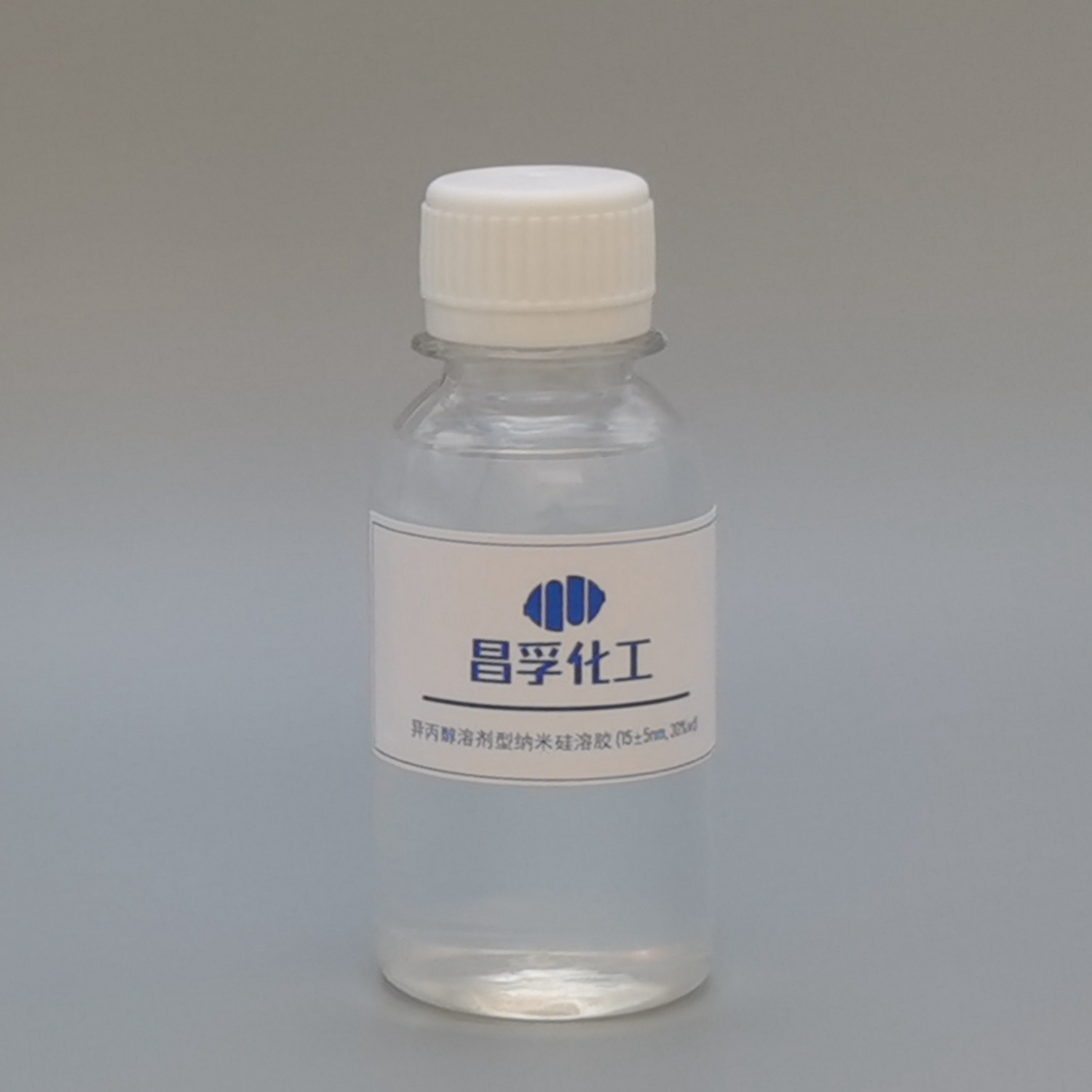




























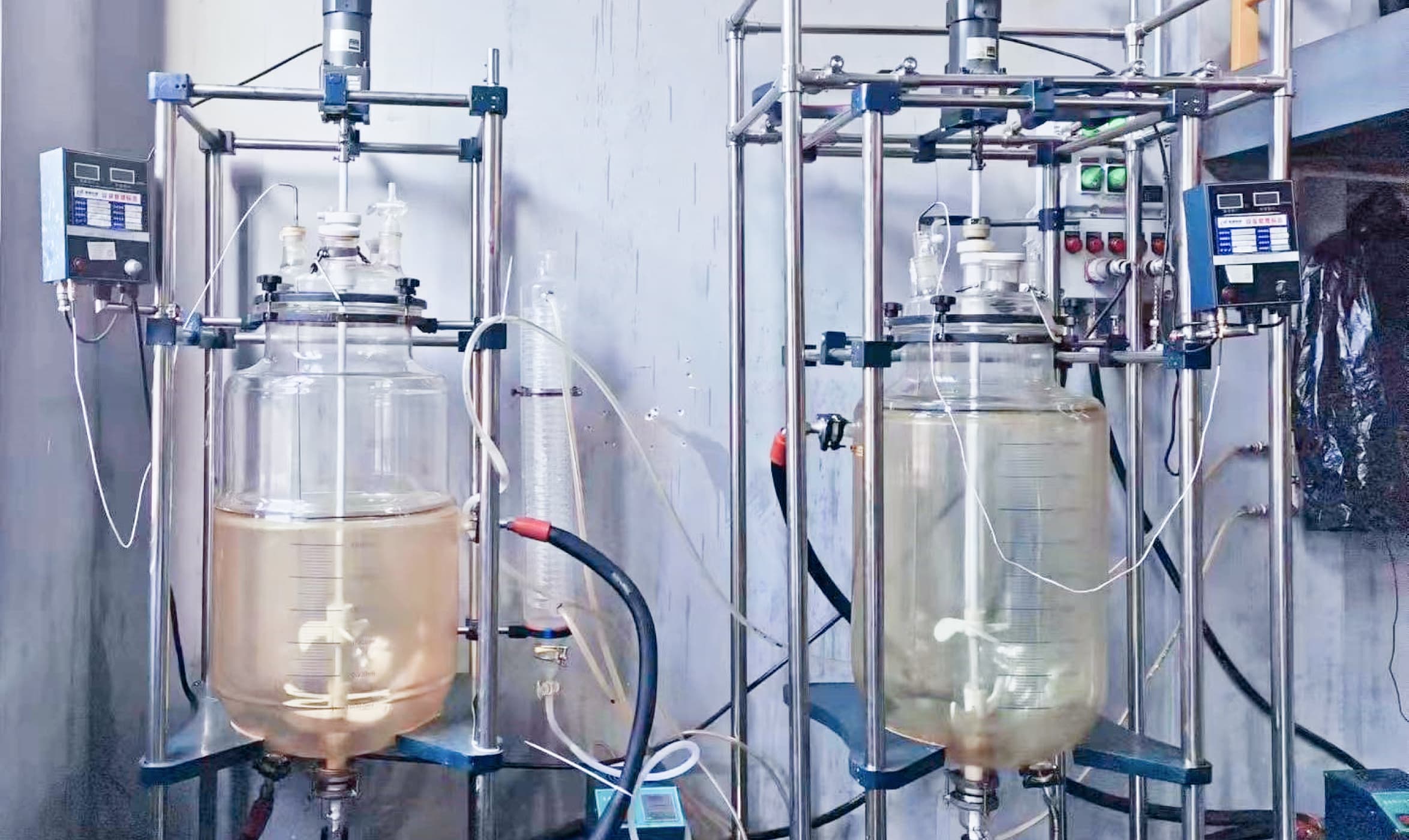



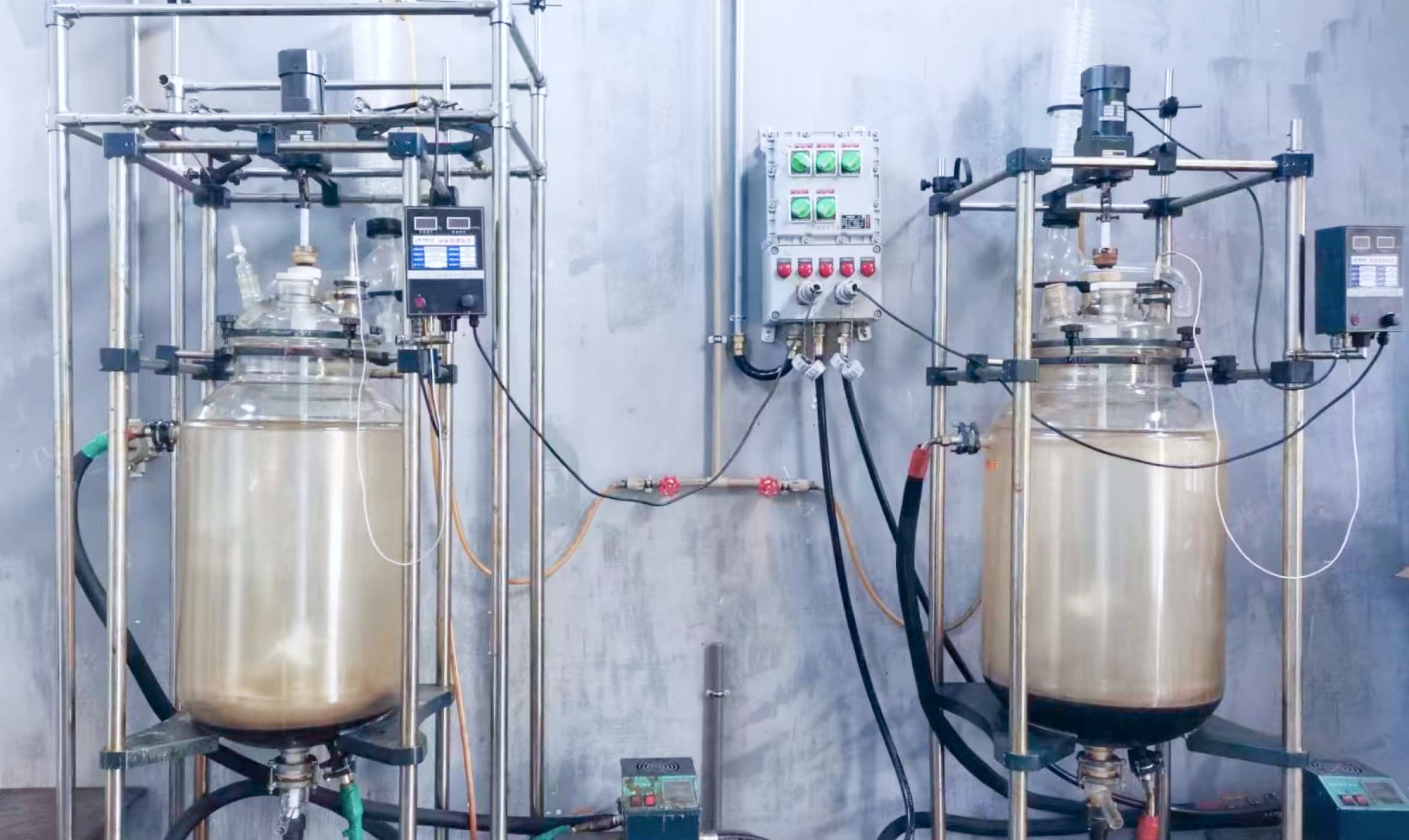
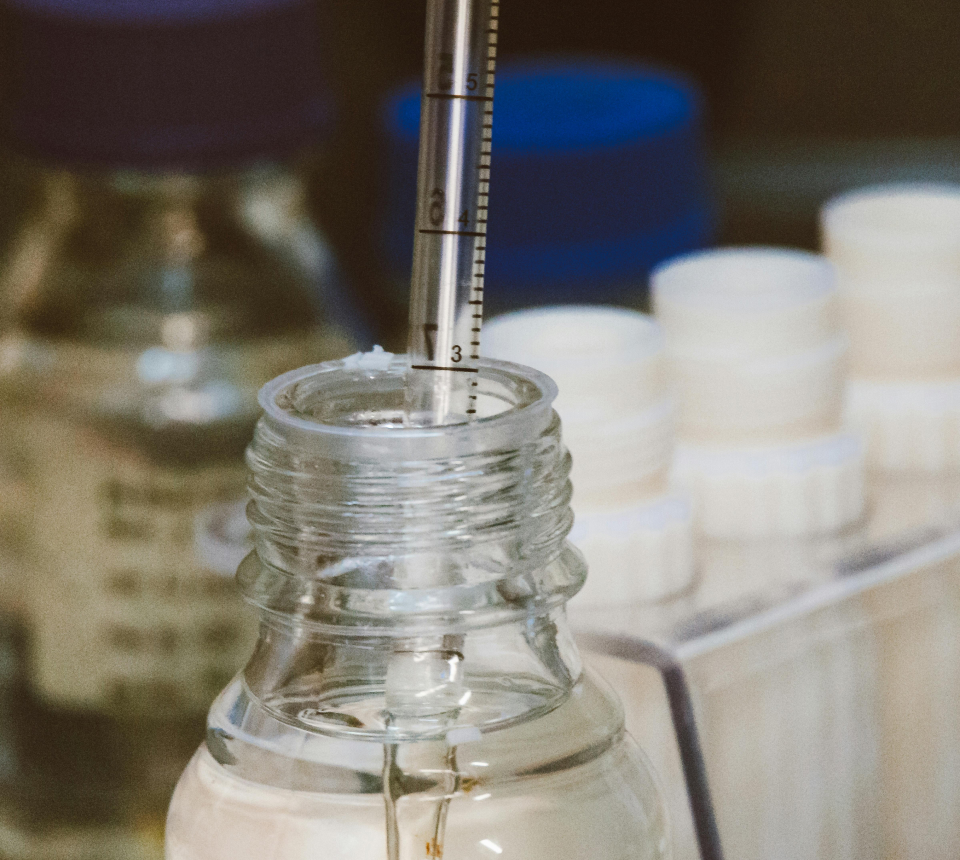




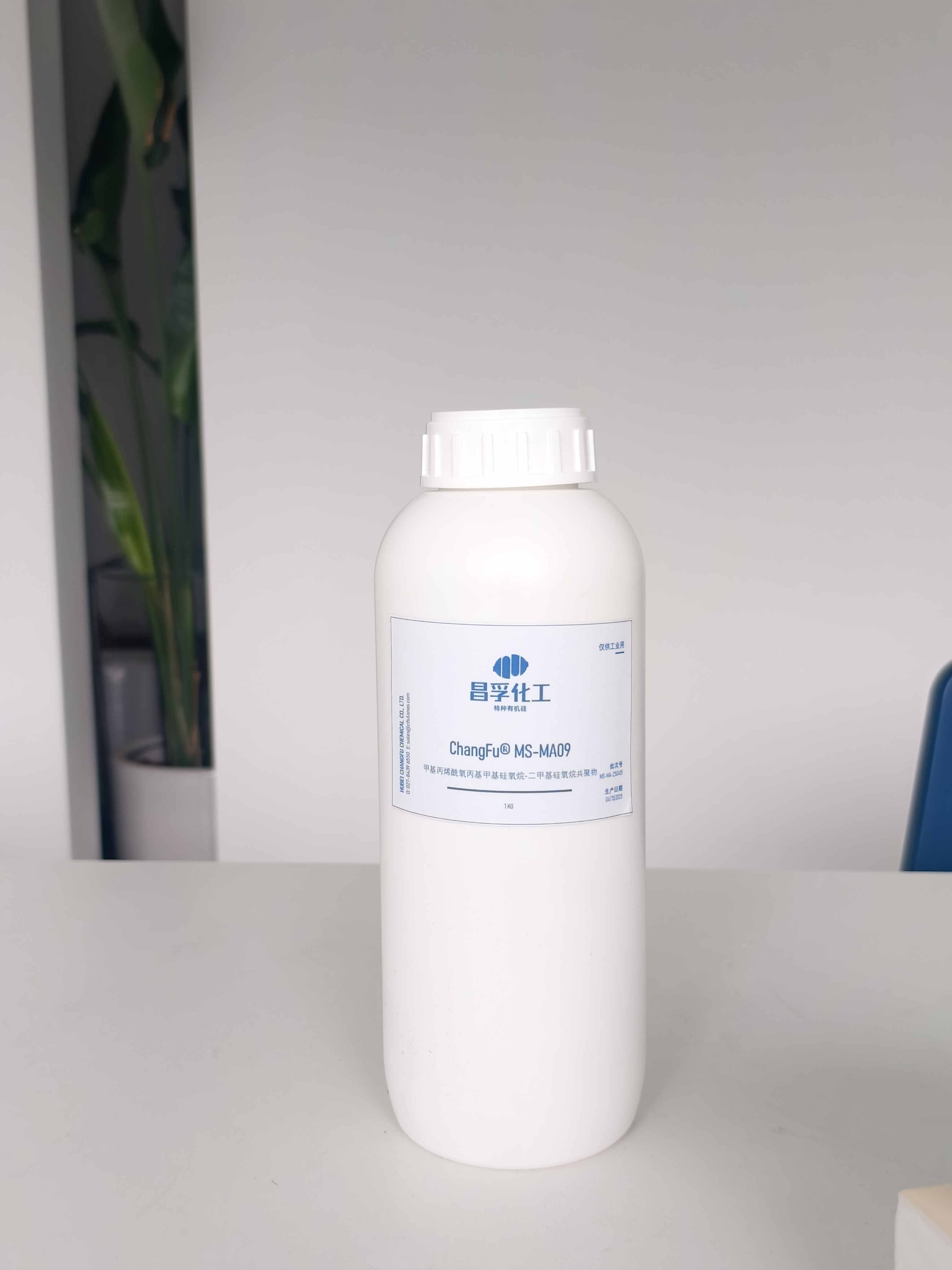



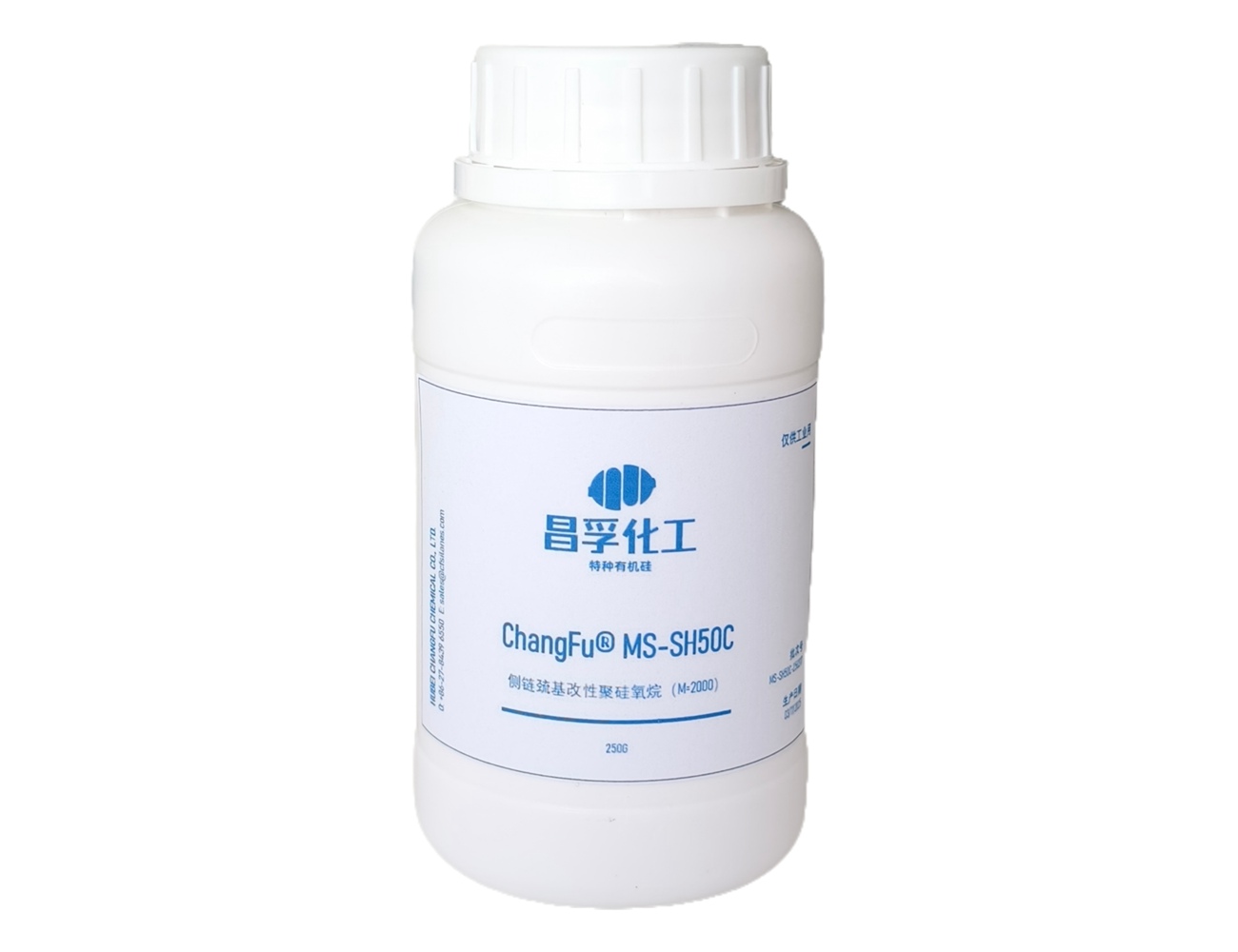



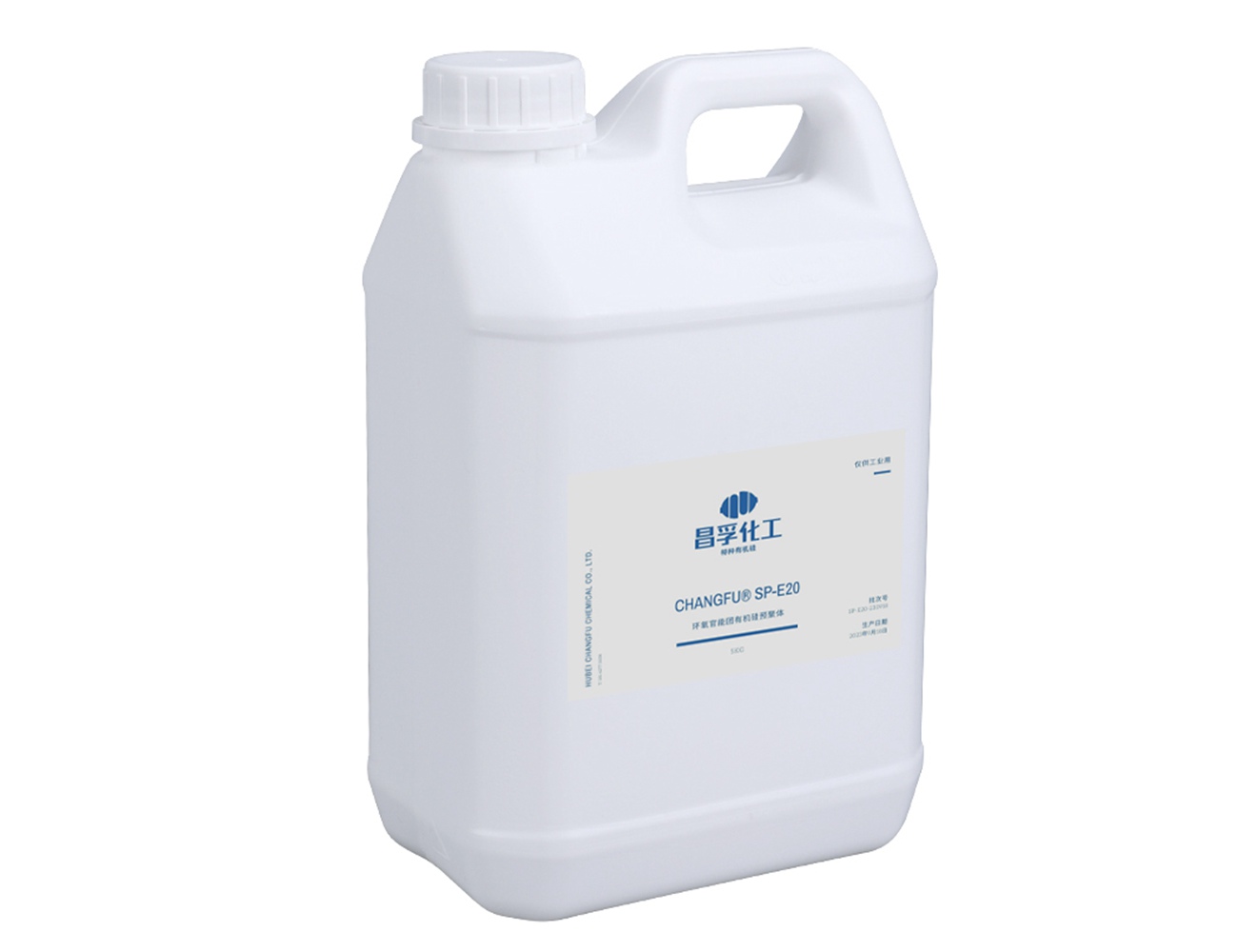
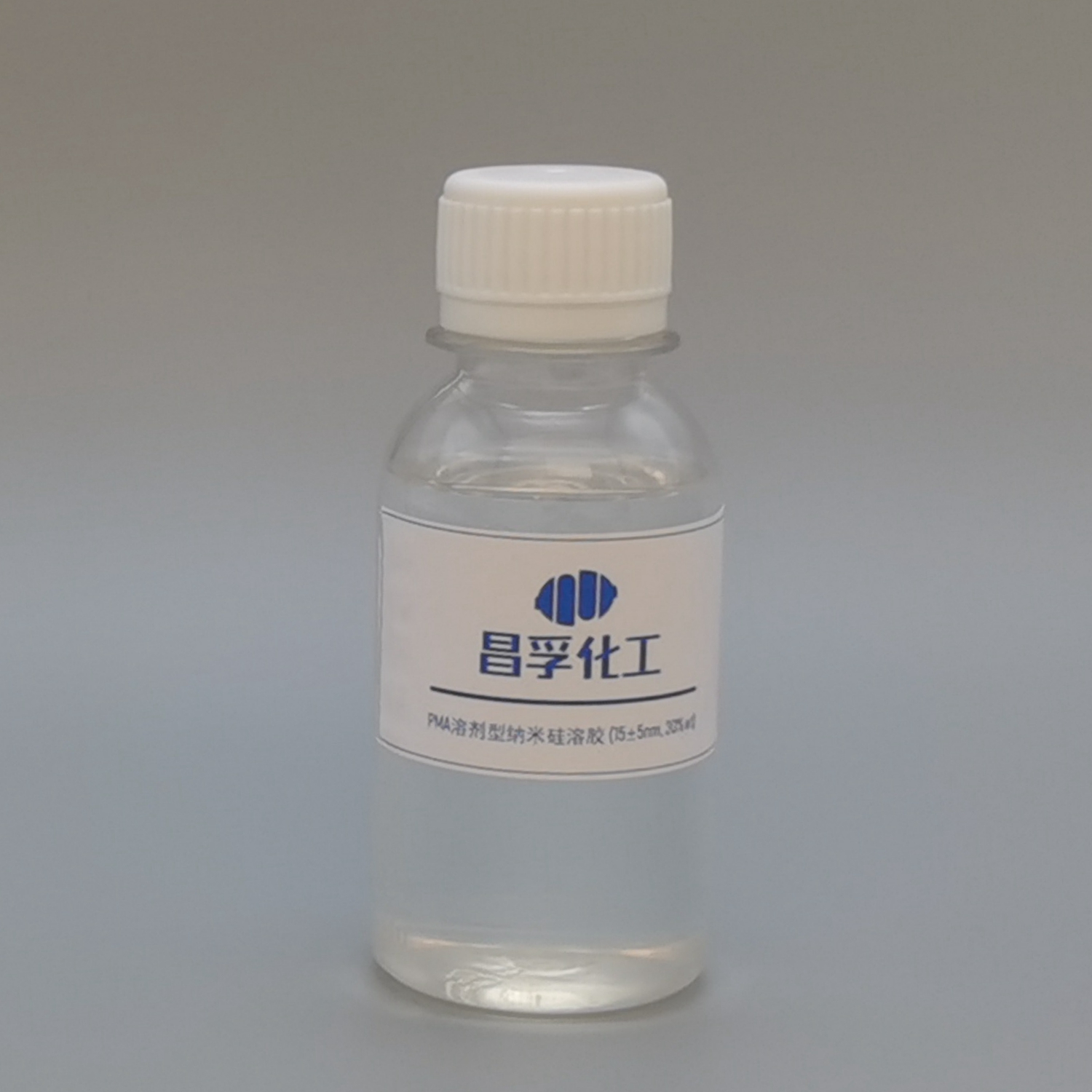
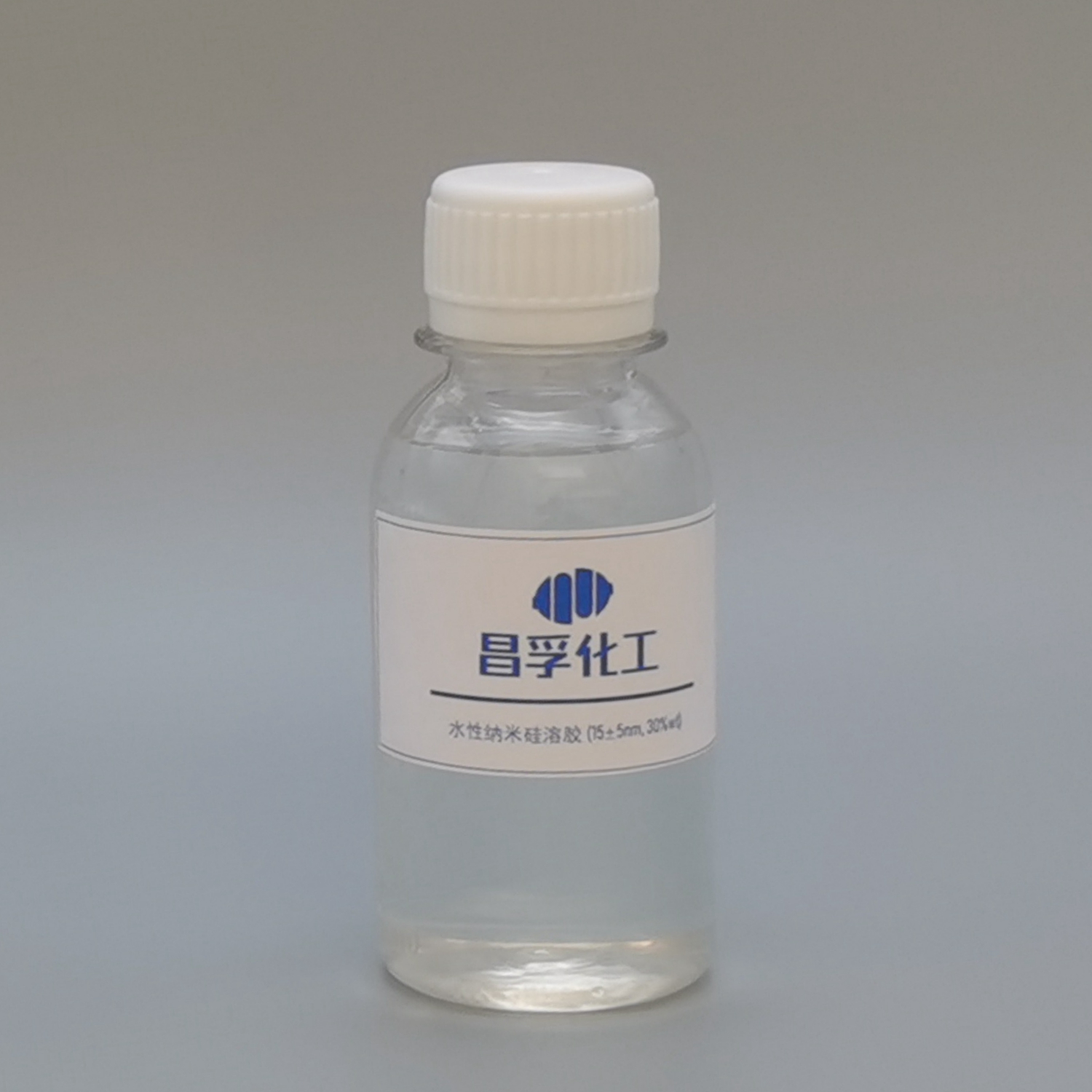

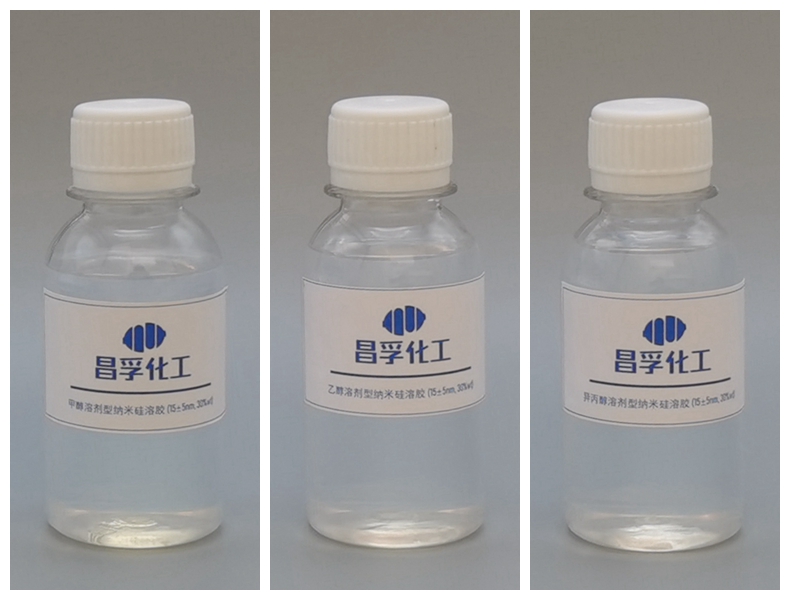
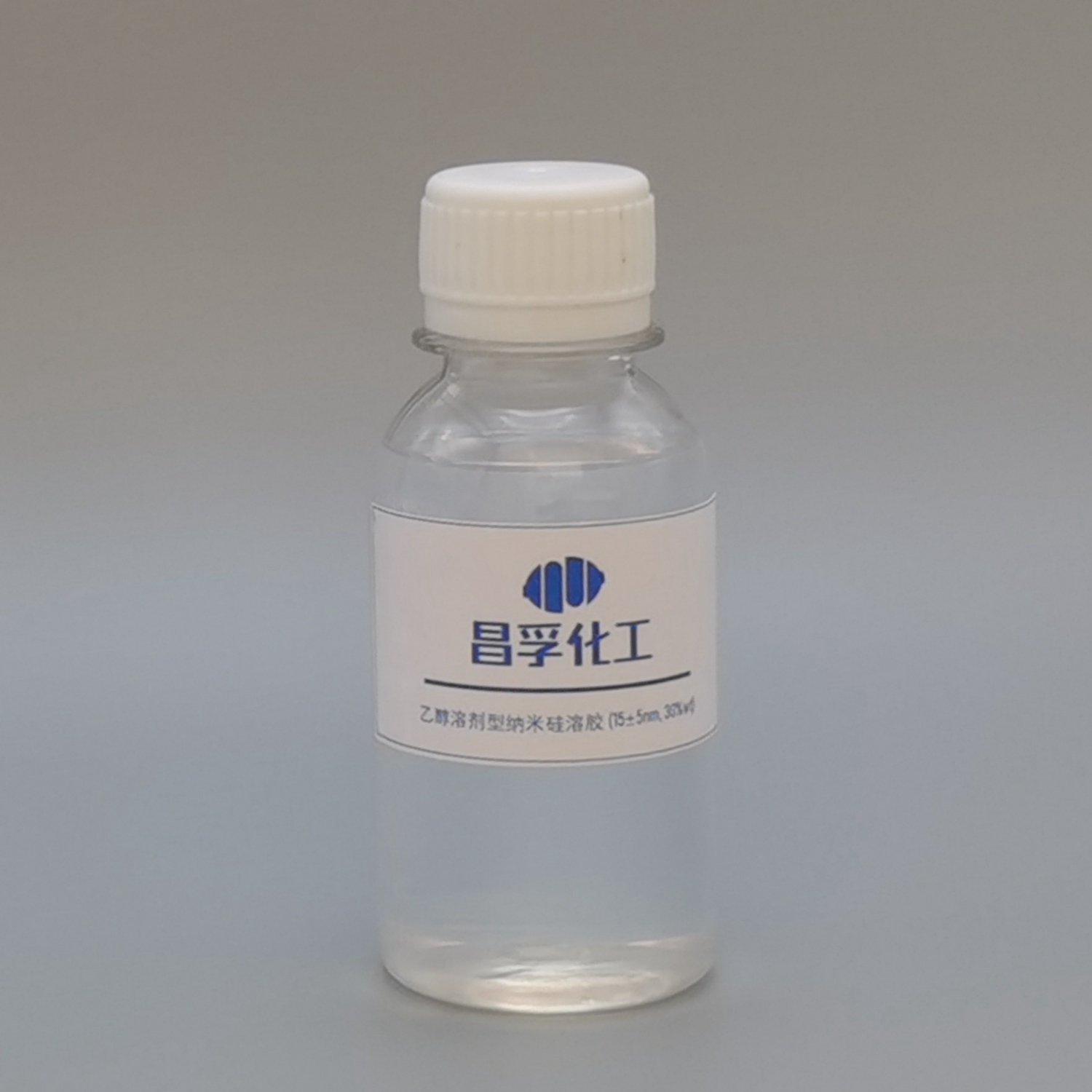
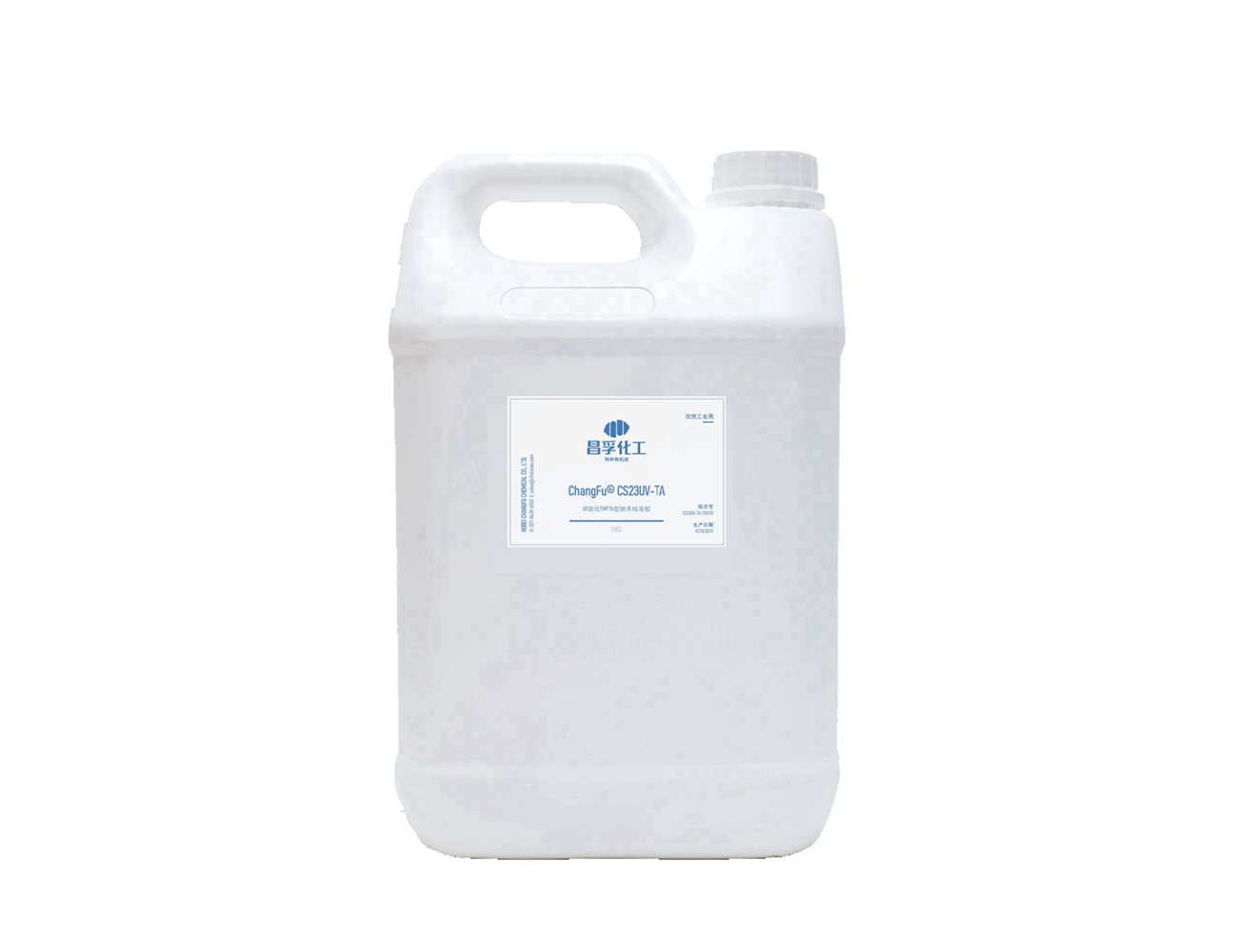
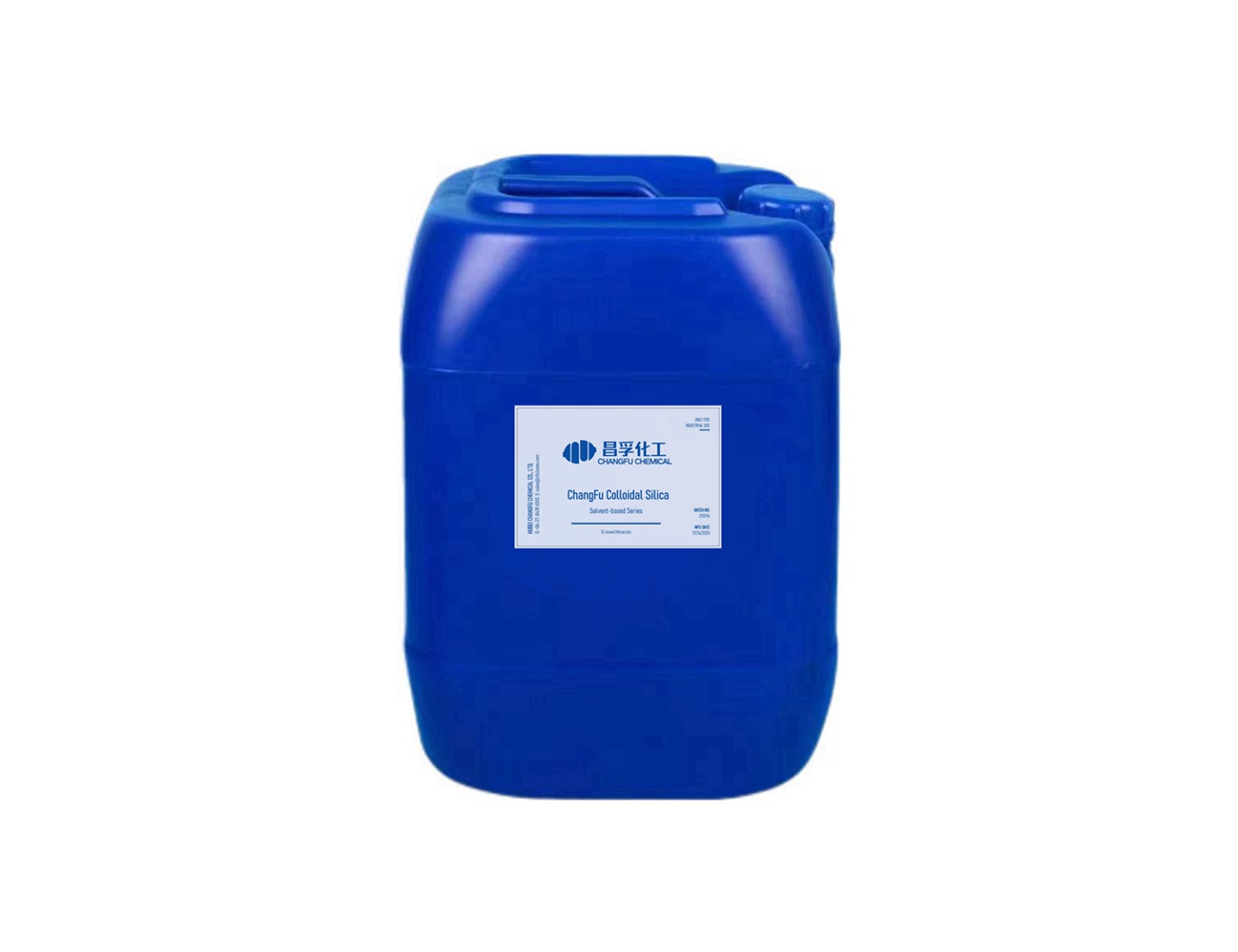


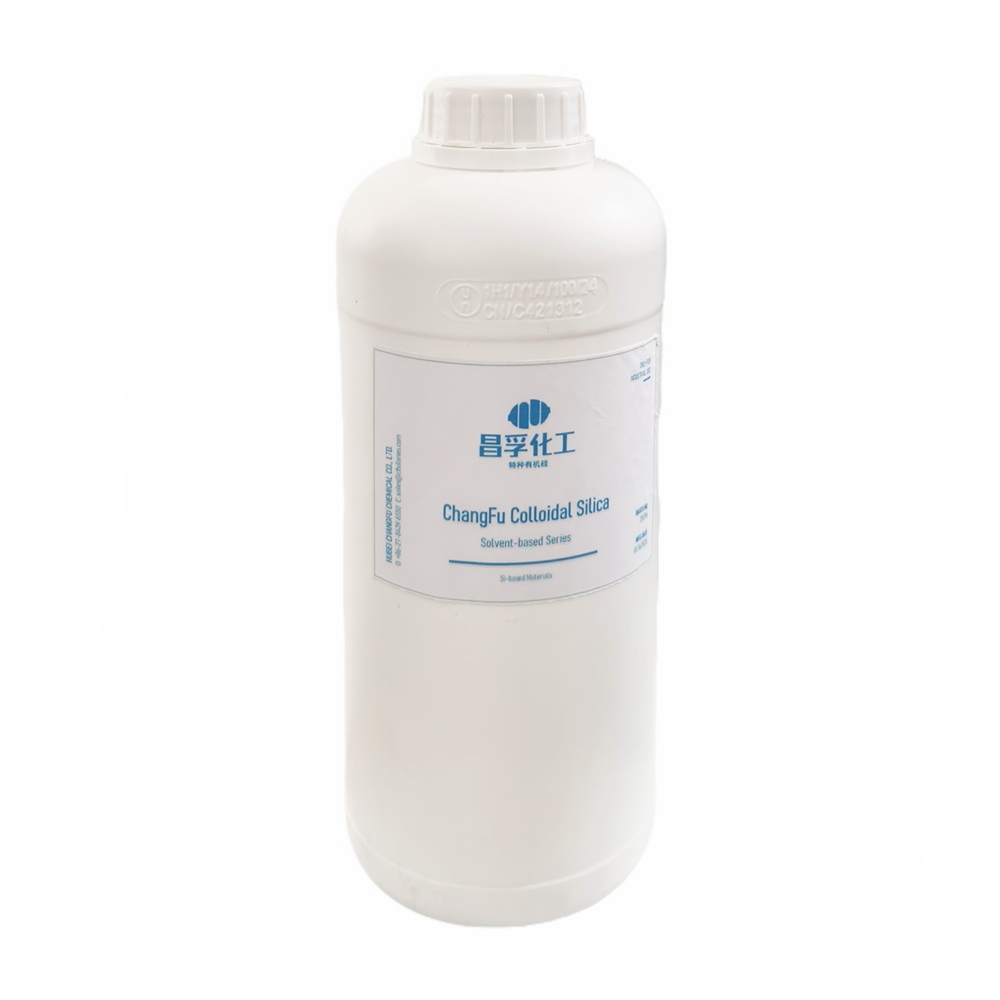


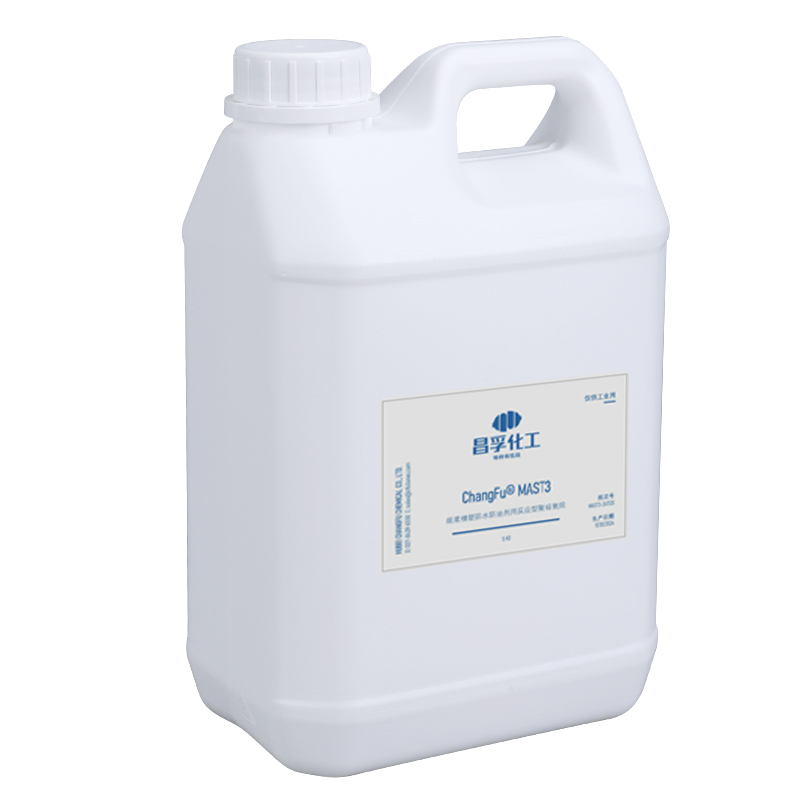





































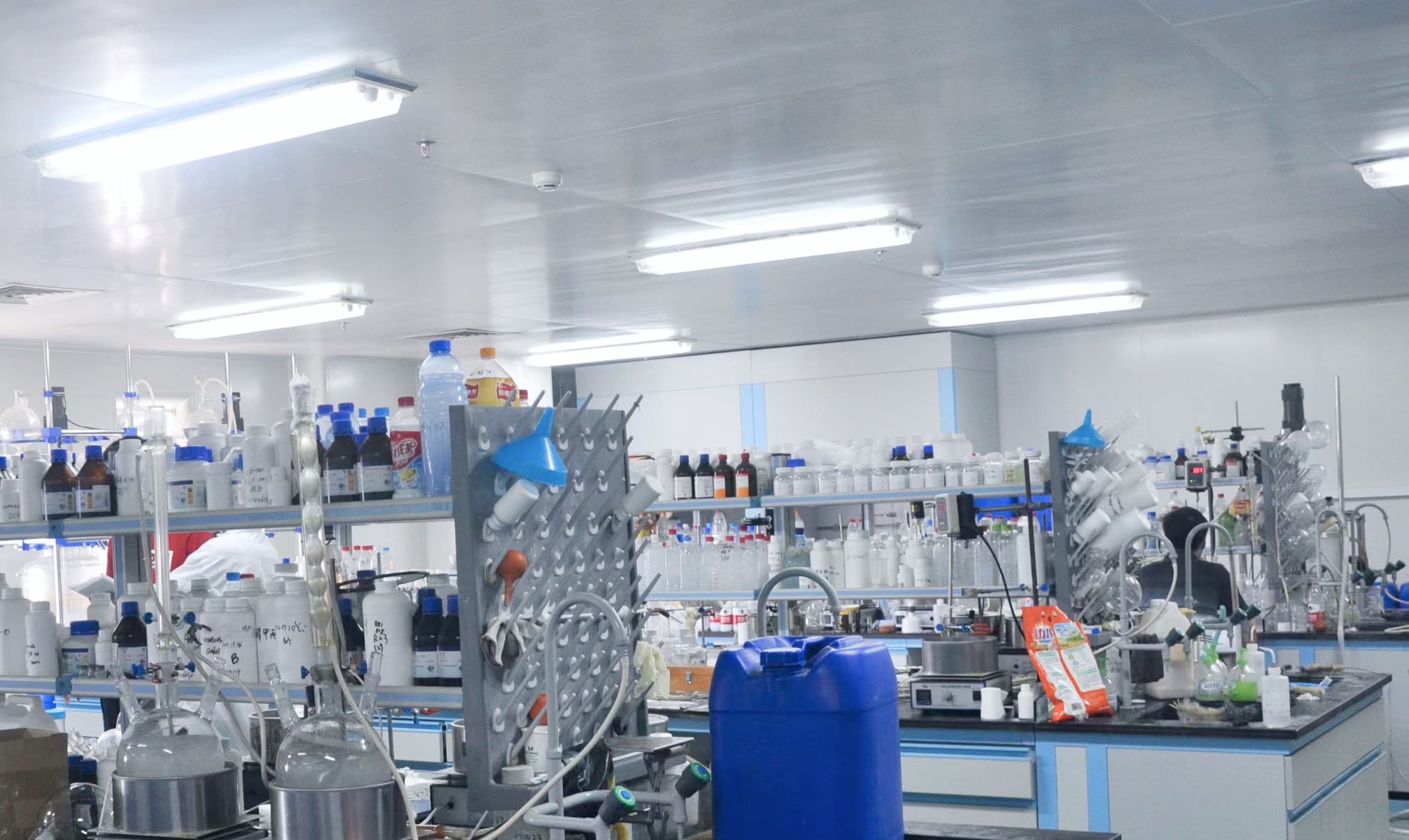

+86 27 8439 6550
+86 181 6277 0058
sales@cfsilanes.com
Optics Valley Bio-City
No. 666, Gaoxin Avenue
Hongshan District, Wuhan City

+86 27 8439 6550 | +86 181 6277 0058
sales@cfsilanes.com
Optics Valley Bio-City
No. 666, Gaoxin Avenue
Hongshan District, Wuhan City
Copyright © Hubei ChangFu Chemical Co., Ltd. All Rights


